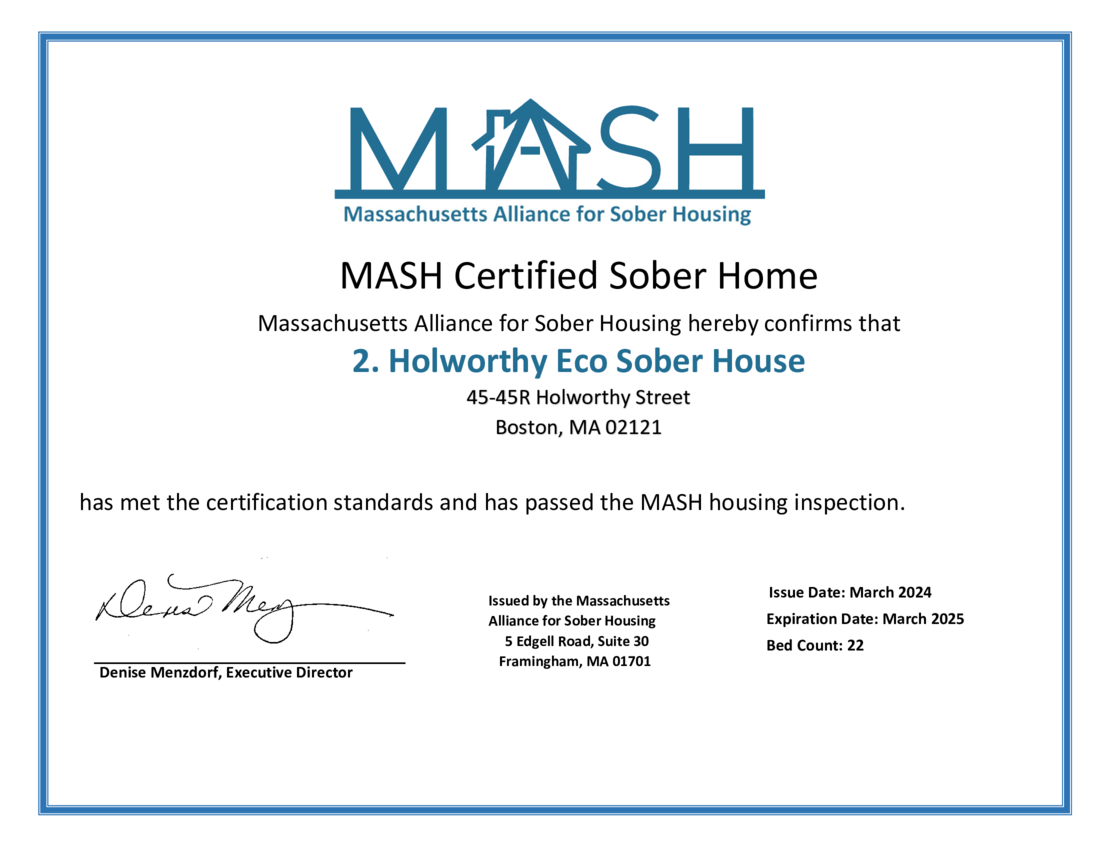- Home
- School
- Leadership
- Campus
- Admission
- Multimedia
- CareerGreen Acres CBD Gummies Review (Fake or Legit) What to Know! Has Anyone Verified the Ingredients of ActivGenix CBD Gummies? Renewed Remedies CBD Gummies (Warning) Utokia THC CBD Gummies Review: How Effective Are They for Pain and Anxiety? Vitality Vibes CBD Gummies Review: Are They the Ultimate Choice for Stress Relief? Pros & Cons Of Rejuvazen CBD Gummies Herbal Harmony CBD Gummies: Discover the Real Supplement Facts in this Popular Product Earth Farms CBD Gummies Review – Does This Supplement Even Work? My Experience Using MD+CBD Gummies – Personal Details Shared Nature’s Leaf CBD Gummies – Should You Buy? My Bloom CBD Gummies Results – But Will It Work For You? Alpha Bio CBD Gummies Review – Will It Work For You? Pros & Cons Of Renew Calm CBD Gummies How Revitalized Remedies CBD Gummies Help Alleviate Stress and Improve Well-Being Harmony Leaf CBD Gummies Reviews – Scam or Legit HarmonyLeaf CBD Male Enhancer Gummies? Little Blue Male Gummies Review: Is It Worth Buying? Top Gear Male Enhancement Review: Does It Really Work as Advertised? Malebiotix Male Enhancement ACV Gummies Review: Is This Supplement Right For You? Stripper Shark Review – Can You Seriously Get Lucky at Any Strip Club Without Paying? Progentra Review: Can This Supplement Really Enhance Male Performance? HealthFlow Male Performance Review: Here’s What You Need To Know EroXcel: An Honest Review of Its Benefits for Boosting Male Virility and Libido Naturally ProLong Power Pills Reviewed: Is This A Recommended Natural Male Enhancement Option? Nitrox Pro Review – Is This Even Worth Your Money? Biogenix Relief Glycogen Support Review – Is It Really Worth Spending The Money? Beverly Hills MD Dermal Repair Complex Review – Is it Right For You? I Tried Keskara Male Enhancement – Here Is My Experience Nitro Pro Review – Why Is Everyone Talking About This Supplement? Fungus Exodus: I Tried it – Here is My Toenail Fungus Supplement Review Conolidine CONOCB2 Review – Should You Buy GDR Labs Pain Relief Formula? Trouser Cannon Male Enhancement Review – Read This Before Buying Popular Supplement Boston Brain Science Cerebra Review – Will It Really Work As Advertised? Fungus Exodus Reviews (Real or Fake) What are Actual Users Saying! Phenoman ME Gummies Review – Does It Really Work? Vigor8 Review: Will It Work For You? PotentStream Review – Is It Right For You? Fortin CBD Gummies Review – Read This Before Buying Popular Male Enhancement Supplement Alpha Boost Review: Does This Supplement Really Work? Can Highline Wellness CBD Gummies Really Help You Unwind and Boost Your Wellbeing? Twin Element Keto Gummies Reviews – Overpriced Ketogenic Gummy or Worth Every Penny? Keto Lean ACV Gummies Review – Should You Buy? Slim Spark Keto + ACV Gummies Reviews – Should You Use or Cheap Brand? Thrive Keto ACV Gummies Review – Real Side Effects Risk to Worry About? Pump Burn Keto ACV Gummies Review – Does It Really Work? Keto-B Ultra 1200 Gummies Review: Does It Really Work as Advertised? Key To Fit Keto Formula Review: Is It Worth Buying? BioActive Keto + ACV Gummies Review – Is This What You Are Looking For? DragonKeto Keto + ACV Gummies: Review the Supplement Ingredient Benefits NewVida Keto Review: Should You Buy? Mariners fire Scott Servais Keto Corners Keto ACV Gummies Review: All The Details You Need Right Here NUU3 ACV Gummies Review: I Tried It For 90 Days – Does This Apple Cider Vinegar Really Work? Pump Burn Keto + ACV Gummies Review: Discover the Truth About this Popular Product
- Contact
02
SEP
2020
Alcohol’s Anger Connection
0 Comment

He has a nursing and business/technology degrees from The Johns Hopkins University. Several self-assessment tools can help identify problematic drinking patterns and tendencies towards aggression. These include questionnaires like the Alcohol Use Disorders Identification Test (AUDIT) and the Buss-Perry Aggression Questionnaire.

Strategies for Anger Management and Control
This can be difficult because anger may be masking a different issue, but it is important to take the time to do so. In the US, about 30% of murders are alcohol-related, and that number seems to be growing. Based on these statistics, we can see why alcohol and crime are often linked together. For example, you wouldn’t think much if a person bumped into you by mistake.
The Cycle of Anger and Alcoholism: How Alcohol Makes Anger Problems Worse
One common therapeutic method employed is Cognitive Behavioral Therapy (CBT). This therapy helps individuals understand the triggers and thought processes that lead to their aggressive behavior when drinking. By recognizing these patterns, they can learn new coping strategies and ways of thinking that may reduce the likelihood of violent outbursts. It is important to note that male participants were more aggressive in their responses than their female counterparts, but the impacts of alcohol and personality were almost interchangeable in both sexes. Women who were present-focused were still much more aggressive when drunk than women who were future-focused, just like men. Denson’s previous research on the angry brain found a lot of overlap in the way the prefrontal cortex behaves when someone is drunk and angry versus when they’re simply ruminating on their anger https://ecosoberhouse.com/ while sober.

Don’t go!
However, if you’re drunk, you might think that the person is annoying or did it on purpose. Please drink responsibly, choose the rights friends and environment, and be self-aware if you’re prone to aggression. A recent U.S. survey of 644 women aged 17 to 35 conducted by the American Medical Association backs this theory. When asked if they use drinking as an excuse for outrageous behavior, 74% responded in the affirmative. Why does alcohol trigger an aggressive response in someone who ordinarily can squelch aggressive tendencies?
What’s Your Drinking Personality?
This is how each type of alcohol alters your mood, according to the study. Executive function is a term used to describe the processesin the brain that control functions like working memory, reasoning,attention, planning and inhibition of impulses. With impaired executive brain function you are less able toresist a wide array behavioral impulses.
The limbic system is responsible for our reactions to perceived threats. An example would be if you were to get cut off by another driver on a busy or chaotic highway. Your heart may start to race, your palms might get sweaty, and you may feel like your entire body is “on alert” for the next 15 minutes. There’s a reason for this, and it’s not as simple as “alcohol makes you mad.” At Serenity Lane, we care deeply about everyone in our Oregon communities, and we don’t want to see them controlled by alcohol or anger. Once your Sobriety body adjusts to having alcohol present, it will try to keep your brain more active. It will make your nerves more active to counteract how much alcohol slows them down.


Maladaptive reasons for drinking, such as drinking as a coping mechanism (e18), and the assumption that aggression is an acceptable form of social interaction (e19), also play a major role. This makes you more likely to binge on junk food, call ex-lovers on the phone late at night, drive while drunk and also to act verballyor physically aggressive to people who irritate or anger you. The interesting thing about those who get aggressive when they drink is that they naturally are not aggressive people at all nor are they violent. They begin to have a short temper when they drink and thus exude aggression. Research has shown that thought suppression may contribute to alcohol-related aggression. One study supporting this finding enlisted 245 men with a history of heavy episodic alcohol use (Berke et al., 2020).
- In fact, it’s the relationship alcohol shares with the brain that often causes people to experience things like rage and irritability while drinking.
- As a whole, alcohol use naturally heightens emotions, and for people who are predisposed to aggressive tendencies, it can quickly make bad scenarios worse.
- For some people, engaging in alcohol consumption, turning to alcohol is a method of coping or self-medicating for an underlying reason or to manage trauma.
These individuals may be shyer but may also struggle with depression, anxiety, or fear. For instance, people who tend to argue or bicker a lot with their spouse may be more prone to arguing with them when they’ve drunk a lot of alcohol. This is also why alcohol and domestic violence cases are often linked. Over time Ryan came to better understand factors that contributed to his drinking, including his anger and increased aggression when drinking. Therapy assisted him in recognizing how past wounds contributed to his vulnerability to both anger and alcohol use.
Managing Anger and Reducing Alcohol-Related Aggression
- At first, alcohol gives the sensation of relaxation which is part of the reason why people enjoy drinking.
- This is crucial for heavy drinkers who may experience more intense reactions.
- Take Bob as an example – a mild-mannered accountant by day but come Friday night after a few beers, he’s arguing with everyone in the bar.
- Learning the root causes of your AUD and identifying the triggers for your anger is a healthy and necessary process.
Jackie has been involved in the substance abuse and addiction treatment sector for over five years and this is something that she is truly eager about. When addressing the relationship between alcohol and anger and violence why does alcohol make people angry in a sober life, addicts can see themselves in a new light—someone who can move forward and heal. Contact WhiteSands Alcohol and Drug Rehab today to focus on your well-being as a serious goal.
